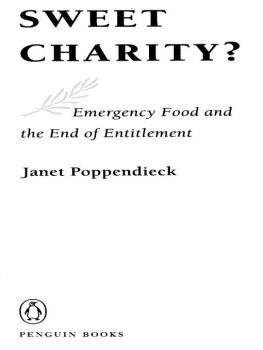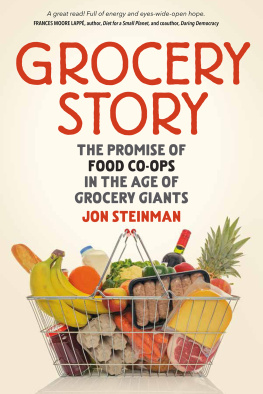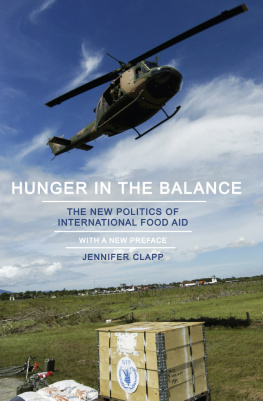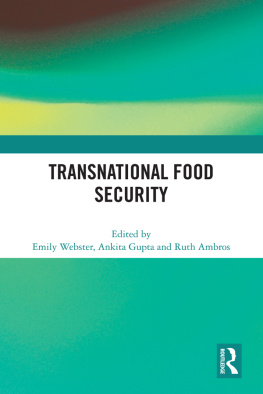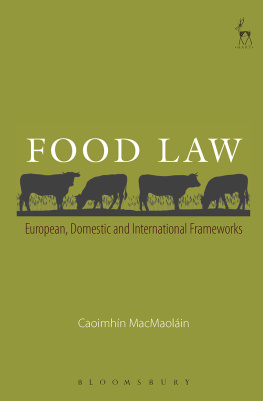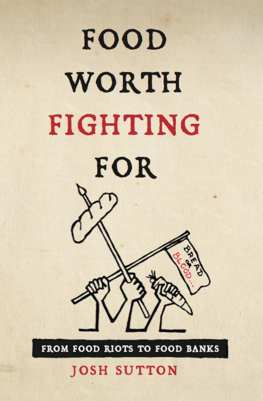Graham Riches - Food Bank Nations: Poverty, Corporate Charity and the Right to Food
Here you can read online Graham Riches - Food Bank Nations: Poverty, Corporate Charity and the Right to Food full text of the book (entire story) in english for free. Download pdf and epub, get meaning, cover and reviews about this ebook. year: 2018, publisher: Routledge, genre: Politics. Description of the work, (preface) as well as reviews are available. Best literature library LitArk.com created for fans of good reading and offers a wide selection of genres:
Romance novel
Science fiction
Adventure
Detective
Science
History
Home and family
Prose
Art
Politics
Computer
Non-fiction
Religion
Business
Children
Humor
Choose a favorite category and find really read worthwhile books. Enjoy immersion in the world of imagination, feel the emotions of the characters or learn something new for yourself, make an fascinating discovery.

- Book:Food Bank Nations: Poverty, Corporate Charity and the Right to Food
- Author:
- Publisher:Routledge
- Genre:
- Year:2018
- Rating:4 / 5
- Favourites:Add to favourites
- Your mark:
Food Bank Nations: Poverty, Corporate Charity and the Right to Food: summary, description and annotation
We offer to read an annotation, description, summary or preface (depends on what the author of the book "Food Bank Nations: Poverty, Corporate Charity and the Right to Food" wrote himself). If you haven't found the necessary information about the book — write in the comments, we will try to find it.
In the worlds most affluent and food secure societies, why is it now publicly acceptable to feed donated surplus food, dependent on corporate food waste, to millions of hungry people? While recognizing the moral imperative to feed hungry people, this book challenges the effectiveness, sustainability and moral legitimacy of globally entrenched corporate food banking as the primary response to rich world food poverty. It investigates the prevalence and causes of domestic hunger and food waste in OECD member states, the origins and thirty-year rise of US style charitable food banking, and its institutionalization and corporatization. It unmasks the hidden functions of transnational corporate food banking which construct domestic hunger as a matter for charity thereby allowing indifferent and austerity-minded governments to ignore increasing poverty and food insecurity and their moral, legal and political obligations, under international law, to realize the right to food.
The books unifying theme is understanding the food bank nation as a powerful metaphor for the deep hole at the centre of neoliberalism, illustrating: the de-politicization of hunger; the abandonment of social rights; the stigma of begging and loss of human dignity; broken social safety nets; the dysfunctional food system; the shift from income security to charitable food relief; and public policy neglect. It exposes the hazards of corporate food philanthropy and the moral vacuum within negligent governments and their lack of public accountability. The advocacy of civil society with a right to food bite is urgently needed to gather political will and advance joined-up policies and courses of action to ensure food security for all.
Graham Riches: author's other books
Who wrote Food Bank Nations: Poverty, Corporate Charity and the Right to Food? Find out the surname, the name of the author of the book and a list of all author's works by series.

